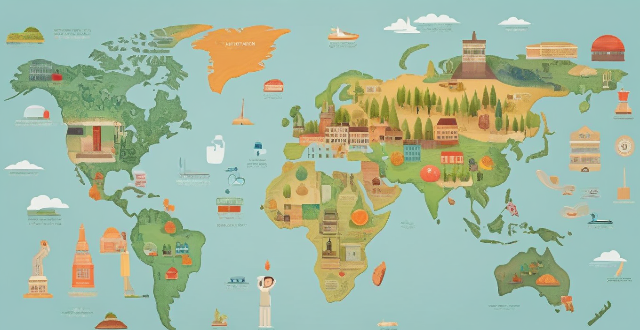Climate change significantly exacerbates poverty in various regions worldwide. It affects livelihoods, food security, health, displacement, and economic stability, disproportionately impacting impoverished communities. Addressing climate change is crucial for alleviating poverty.

The Interplay Between Climate Change and Poverty
Climate change has been identified as a significant factor exacerbating poverty in certain regions around the world. Here are some examples:
1. Loss of Livelihoods
- Agriculture: Many impoverished communities depend on agriculture for their livelihoods. Climate change can lead to unpredictable weather patterns, resulting in crop failure and loss of income.
- Fishing: For coastal communities, climate change can cause ocean acidification and warming, affecting fish populations and reducing catch sizes.
2. Food Insecurity
- Reduced crop yields: Droughts and floods caused by climate change can significantly reduce crop yields, leading to food shortages and higher prices.
- Loss of biodiversity: Climate change can also contribute to the loss of important plant and animal species used for food.
3. Health Issues
- Spread of diseases: Warmer temperatures can expand the habitats of disease-carrying insects like mosquitoes, increasing the risk of malaria and other diseases.
- Water scarcity: Climate change can lead to water scarcity, which not only affects drinking water but also sanitation and hygiene practices.
4. Displacement and Migration
- Sea level rise: Low-lying areas are at risk of flooding due to sea level rise, displacing people from their homes and communities.
- Extreme weather events: Events like hurricanes, typhoons, and cyclones can destroy homes and infrastructure, leading to internal displacement or migration.
5. Economic Impacts
- Reduced productivity: Extreme temperatures can affect worker productivity, especially in labor-intensive industries like agriculture.
- Increased costs: Adapting to climate change often involves significant costs, such as building sea walls or investing in new farming techniques, which can be a burden for poorer countries.
In conclusion, climate change has far-reaching effects that disproportionately impact impoverished communities. Addressing climate change is not only an environmental issue but also a crucial step in alleviating poverty in many parts of the world.